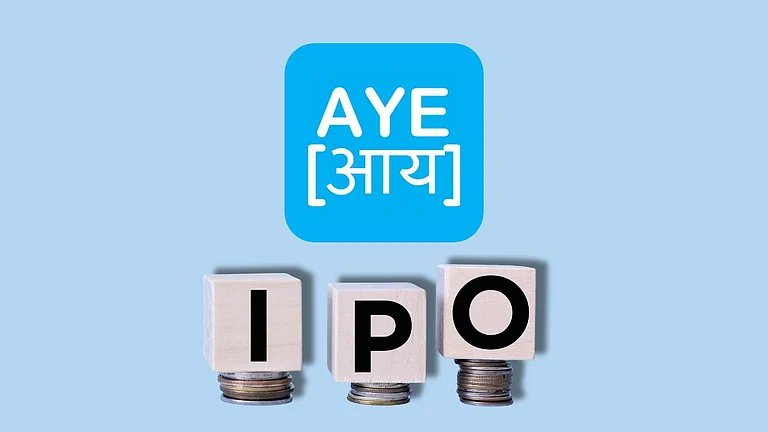Football legend Cristiano Ronaldo recently fulfilled promises to his non-fungible token (NFT) holders by engaging in a Binance-sponsored training event where he played football with fans and NFT holders.
The event, also featuring Binance endorser Khaby Lame and Croatian footballer Maria Marković, included training sessions and tips from Ronaldo.
The Portuguese football star's involvement in NFTs began in 2022 when he signed a multi-year partnership with Binance, releasing his inaugural NFT collection as part of the agreement.
The collaboration aimed to provide NFT holders exclusive interactions with the football icon, reflecting Ronaldo's desire to offer unprecedented experiences to his fans through the world of NFTs.
Despite Ronaldo's positive engagement with NFTs, a class-action lawsuit was filed against him on November 27, 2023 in a US court in Florida. The lawsuit alleged that Ronaldo, in collaboration with Binance, actively participated in the sale of unregistered securities.
However, the legal proceedings faced challenges as Ronaldo's private address in Saudi Arabia made it difficult for the plaintiffs to serve him with the lawsuit. On January 16, 2024, the plaintiffs sought alternative methods, including email, X (formerly Twitter), and website publication, to notify Ronaldo, arguing that such approaches comply with international agreements.
Hacker Mocks Algorand After Maintaining Control Of CEO’s X Account For 15 Hours
Despite the Algorand Foundation's announcement on January 25, 2024 that efforts were underway to recover CEO Staci Warden's X (previously Twitter) account, an unidentified hacker persists in posting derogatory content for almost 15 hours.
The hacker, who remains active on the social media platform X as of 6:28 pm UTC on January 26, 2024, continues to mock both followers and the platform itself.
The posts include racial slurs and insults directed at Warden, creating a challenging situation for Algorand in addressing the security breach.\
The compromised account has become a platform for personal attacks against Warden, with the hacker altering her profile to make false claims about financial activities and profession.
Despite the ongoing efforts to regain control, some X users appear entertained by the disruption, expressing a preference for the hacker's posts over Warden's.
Algorand's chief technology officer, John Woods, issued a statement on January 26, 2024, confirming their continued efforts to regain control of Warden's account and reassuring that no Algorand systems or accounts have been compromised. This incident is similar to previous instances where high-profile X accounts, such as that of the United States Securities and Exchange Commission (SEC) were temporarily taken over, highlighting the persistent challenges faced by platforms in securing against unauthorised access.
Bitcoin ETFs Are Wrapped In Thin Layer Of Indirect Regulations, Says CFTC Chair
Commodity Futures Trading Commission (CFTC) Chair Rostin Behnam has criticised the current state of Bitcoin exchange-traded Futures (ETFs), stating that they essentially wrap a speculative and volatile asset in a "thin layer" of indirect regulation, presenting it as a new product.
He emphasised the critical need for comprehensive regulation in the digital asset market following the approval of spot Bitcoin ETFs.
Despite the recent green light from the United States SEC for 11 spot Bitcoin ETF applications, Behnam expressed concern that investors may misinterpret this approval as a signal of robust regulations across the broader cryptocurrency landscape.
In his keynote speech on January 26, 2024, he pointed out that while investors can now access Bitcoin exposure through SEC-regulated stock exchanges without directly holding the asset, there remains a lack of regulatory oversight for the cash market of digital assets, including crypto exchanges.
Behnam highlighted the potential pitfalls arising from the absence of regulations in the cash market, affecting aspects such as trade settlement, conflicts of interest, data reporting, cybersecurity, customer protections, transparency, and overall market integrity, reports Cointelegraph.













